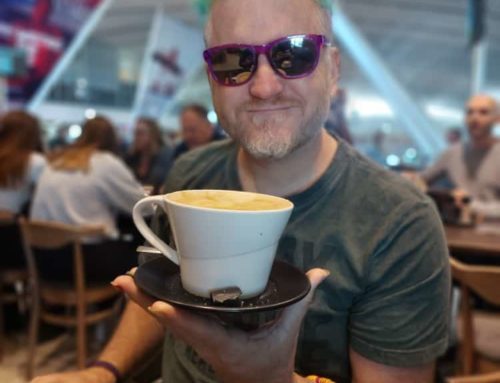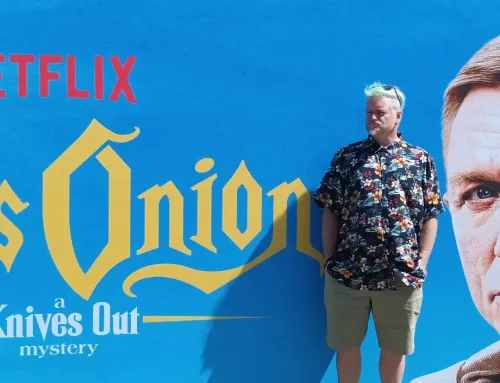i had an exciting conversation with my friend Annie yesterday about an upcoming Deep Dive Dinner we are hoping to organise around Race Conversations.
Then last night i chatted with my friend Jess in Durban who recently hosted a follow up dinner to the one we did when we were up there – also exciting stuff.
i realise that Deep Dive Dinner Conversations are something i have blogged about quite a bit and so you can already read about them here, here, here or even here, but i have really seen such great value in them and so i don’t think i’m going to stop anytime soon.
Breaking bread and Diving deep
They don’t have to be around the topic of race, but that is the focus we have had in recent times because of how vital a topic it is.
For anyone who has somehow missed me talking about them the basic concept is inviting a diverse group of people around to your house, hosting a meal and then spending four hours plus on a conversation about race.
One of the key ingredients is that we look to create a safe place without necessarily being one that is comfortable or not awkward or easy or pain free.
Read that again. We tend to shy away from awkward, uncomfortable, painful, weird… and yet it is often those moments and being able to push through them or else hold them together that brings about the seeds of change.
This is not rocket science people, it is relationship. Which i honestly, truly believe is the number one answer to racial brokenness and division. A helpful and healthy way to step towards ‘the other’.
How about giving one a try?
My wife Val [aka tbV] and i love being around to host these dinners, but we are not essential ingredients. i would love for you to consider hosting one and if you would like some tips with format or questions or anything, feel free to connect and ask. But then PLEASE let us know how it goes.
Some things to consider:
# We have found 12 to be a nice max number for the dinners, both in terms of the space issue but also to ensure that everyone gets space to speak. With tbV and myself there that obviously allows for ten other people and since we generally take on facilitation duties, it creates space for a decent mix of people around any one topic.
# We try to keep the meal as a background thing to the conversation and intentionally try to keep it as time-consuming-free as possible. We want to get to the conversation as quickly as possible and so we generally prefer a meal that has been cooked by the host and then everyone grabs plates and usually laps [although we have done tables] and dive right into it.
# We tend to keep the questions to one or max two. We have had different questions at most of the dinners and they are really there to facilitate conversation with a big focus on story-telling. One of our race dinners ended up being six or more hours on the question, ‘why do you live where you live?’ and we went around the circle and answered that and it took the whole evening – with questions and push-back and comments and thoughts happening as each person shared their story. Story feels a lot more powerful than opinion in a sense because you can’t argue against it. You can perhaps see it differently from your perspective.
# Listening, really listening, is key. We tend as people, or perhaps westernised people, to suck at listening. Often we have started preparing an answer before the person has finished talking. The purpose of a Deep Dive is not for everyone to think the same thing at the end of the evening, but for everyone to have heard each other and perhaps been challenged on some of the stuff they think or do. We also try to be intentional about creating space for everyone at a dinner to speak – some people gravitate towards being the center of attention or mic-hoggers and we try to gently encourage those who have not said much to share something on their hearts. Tag teaming these dinners with Val has been crucial for this as she tends to be more aware of that than me.
# The phone basket. A personal favourite. Prime people beforehand but as they arrive you have a basket or bowl ready to receive their cellphones as a symbolic practical gesture of saying, “I am here. I am committed to this.”
# Telling each others stories. One of the things we have tried a few times is to get people to start off in pairs answering some question about their life – eg. When was a time when you experienced either privilege or prejudice? – and then each pair joins another pair and they have to tell the story they heard, which is a super helpful exercise in listening. It is also often quite eye-opening listening to your story being told in terms of what is said and isn’t said. Then we join together as a large group and have reflections on that and take it from there.
# Set up expectation. Lastly i would say it is helpful to help people to know in some what way to expect. So at the start of the evening, speak briefly into it being a safe but not comfortable space and then decide together on a preferred end point. We try to start the dinners early and on the weekend generally so that there is the potential to run later if people want. But if people can arrive by 5.30 then if you are done by 10pm that is already a good chunk of time. You will likely find at 10 that people will be keen to push it to 11, or in our cases sometimes 2. But it’s good to have a moment to let people who want to leave do so and then if people want to stick around and chat some more they can. Another thing we have found hugely successful is cleaning up together [dishes etc] as a backdrop to more, slightly more casual perhaps, conversation. [It is also a much welcomed gift to a host not to have to do all the cleaning up after 12 people have feasted in their space]
Well, what are you waiting for? Set one up, dive deep, and let us know how it goes. Deep conversations can lead to deeper friendships which can lead to a greater desire to figure these complicated things out together.





![The Road to the Catan World Champs in Malta 2022! [Part II]](https://brettfish.co.za/wp-content/uploads/2022/11/IMG_9944-scaled-e1669831201283-500x383.jpg)
![The Road to the Catan World Champs in Malta 2022! [Part I]](https://brettfish.co.za/wp-content/uploads/2022/11/catanchampionships-500x383.jpg)
When is this braai? I want to come ill bring klippies and coke.
you’ll have to wait til next year when i’m drinking again, but maybe a coffee sometime – are you in Cape Town?
The phone basket scares me. What if someone steals the phone? Can we just put it on silent or off? UNless you know the people I’ve had parties and stuff was stolen.
12 is too much. You not Jesus so keep it to 6. Besides I only have 4 chairs
Who is 12 chairs unless you live in a palace? Or do you all sit on the floor? Give us a picture of this setup.
Much floor space and laps. Definitely not a palace although i imagine would seem like a palace to the majority of the world’s populace… where do you stay?
You should smoke weed and see where the convesation goes.
I think you need to smoke now and then. Have you ever?
It will expand your mind and help you with your angst and depression.
i have not smoked weed to this point. i’m waiting to see how those medicinal value conversations end up…
[…] the Deep Dive Dinners that we are hoping to do more of this year, to using my blog as a space for others to share their […]